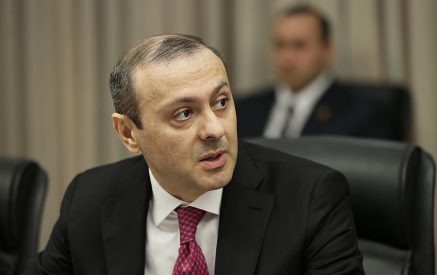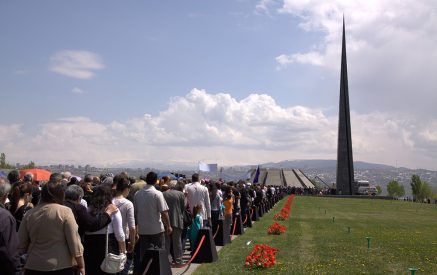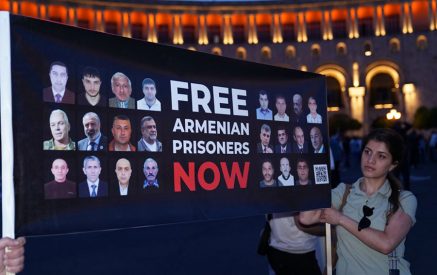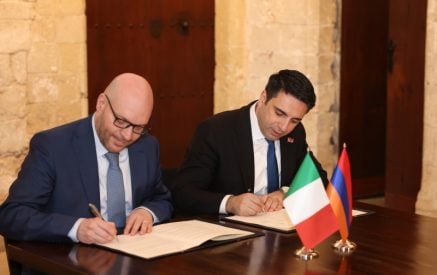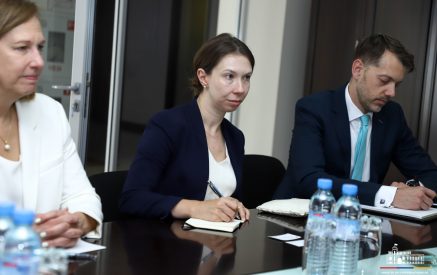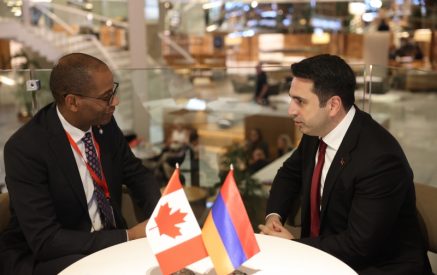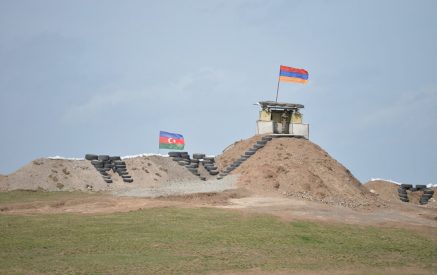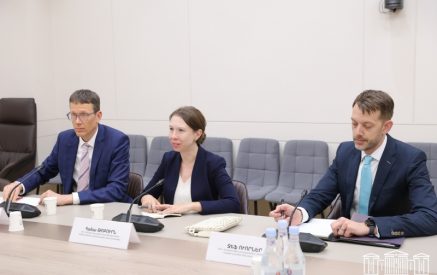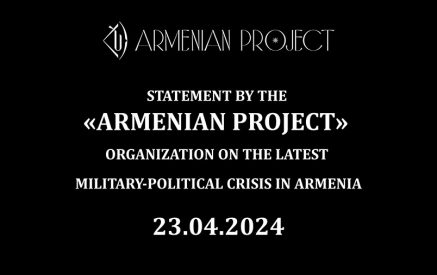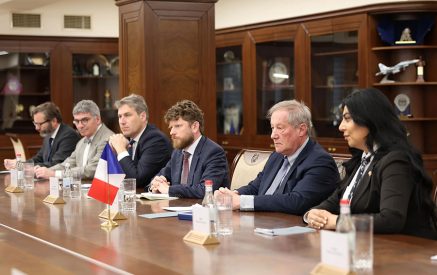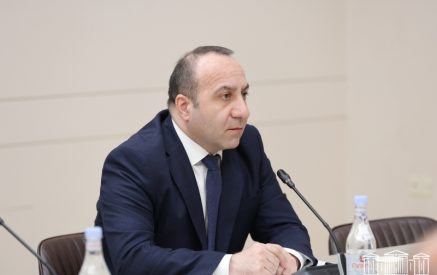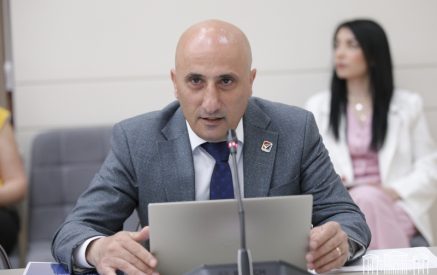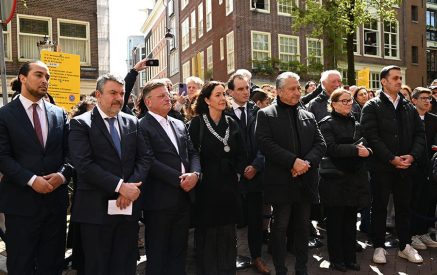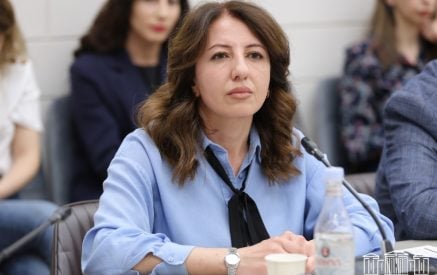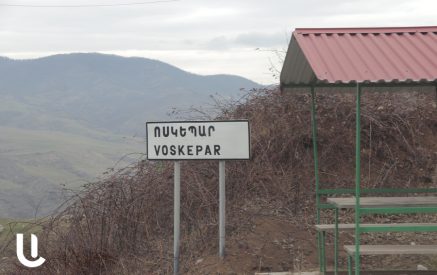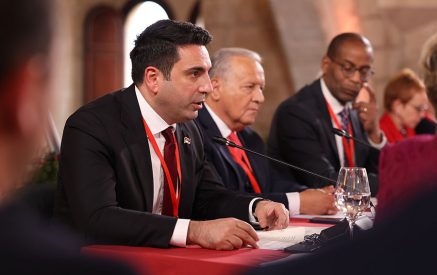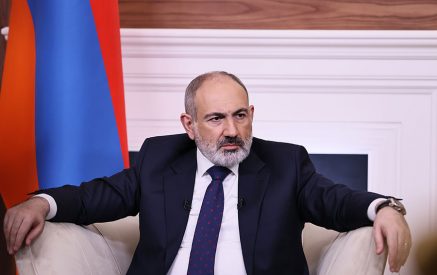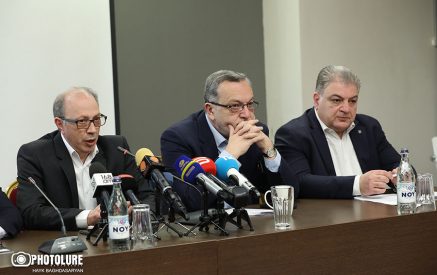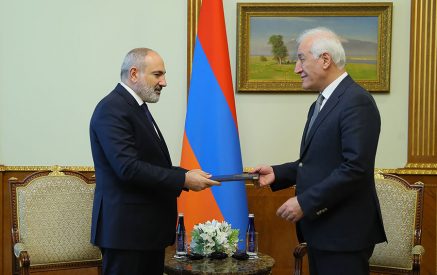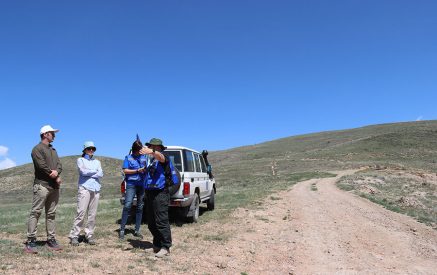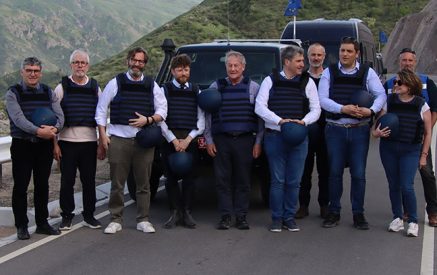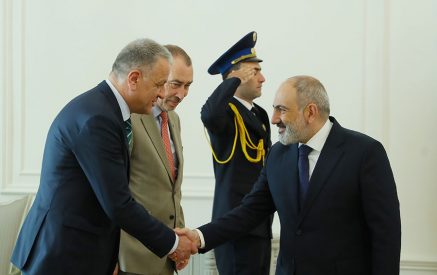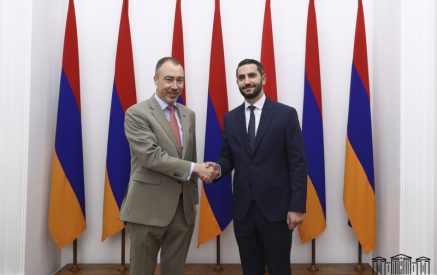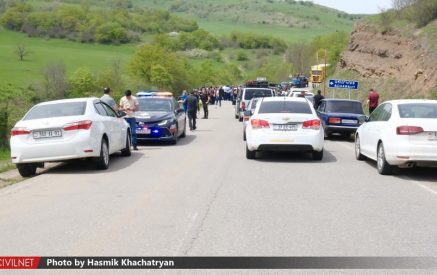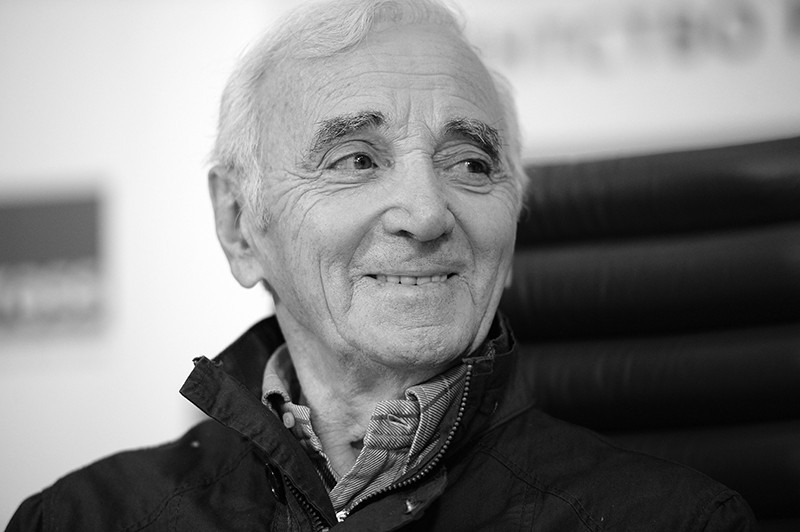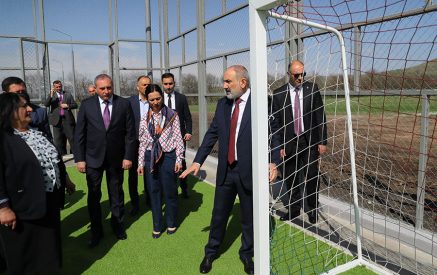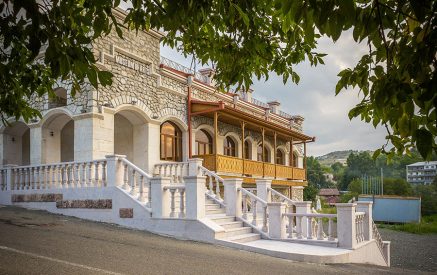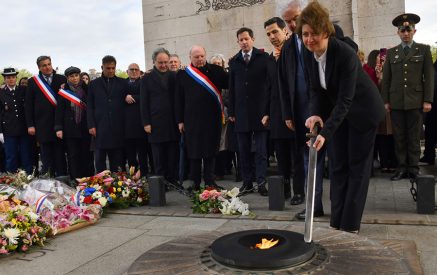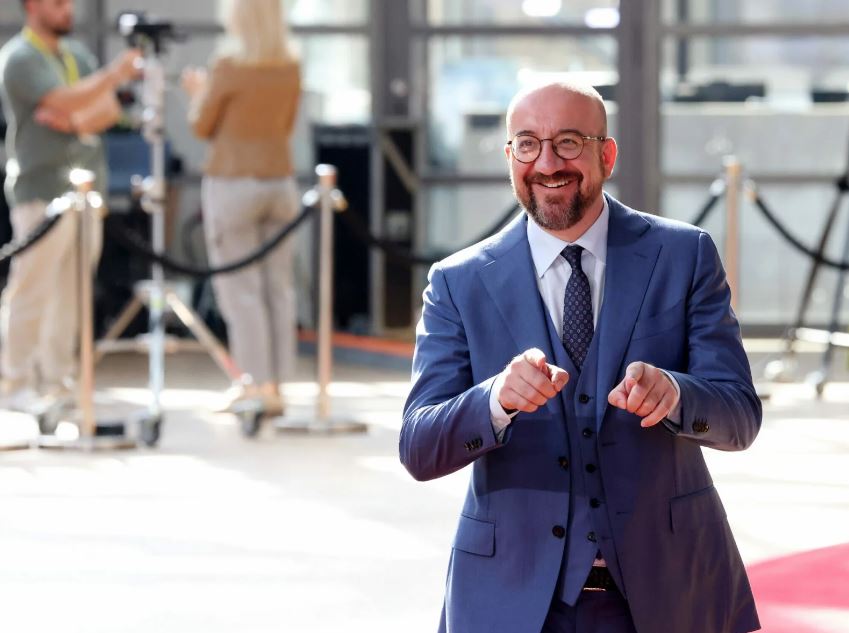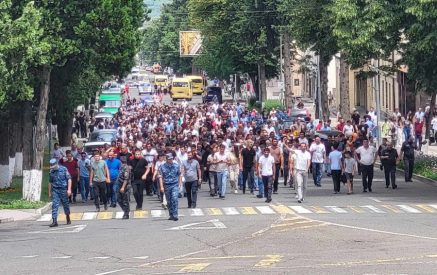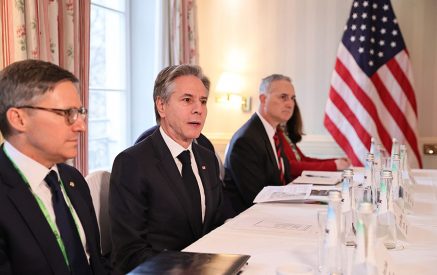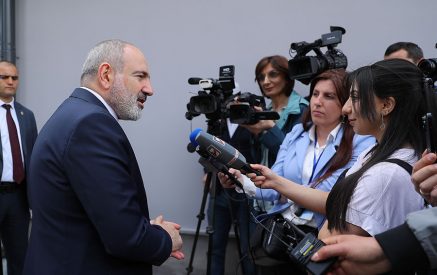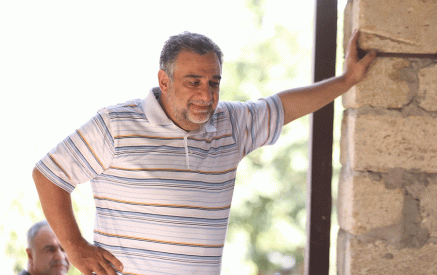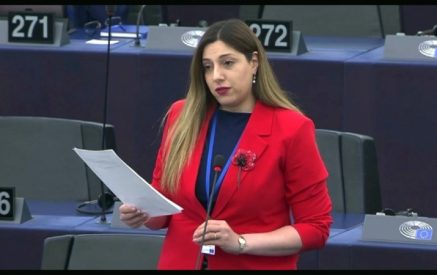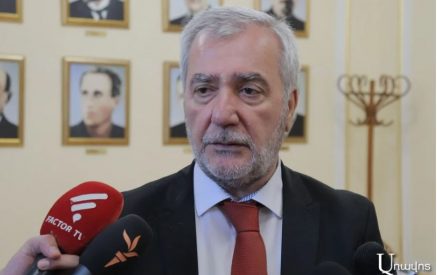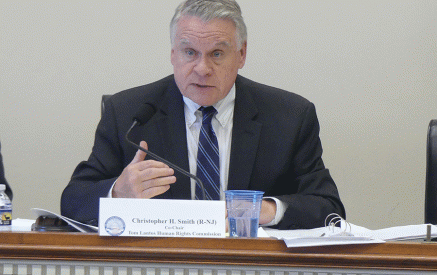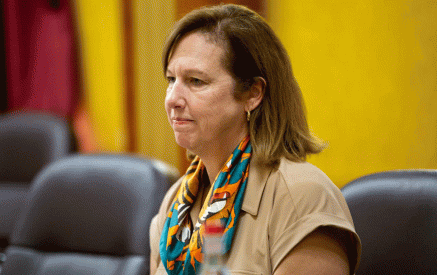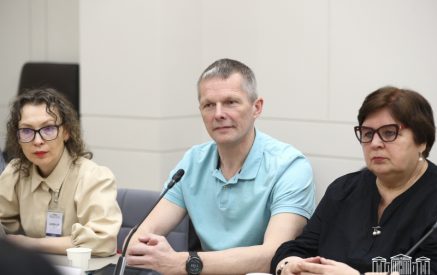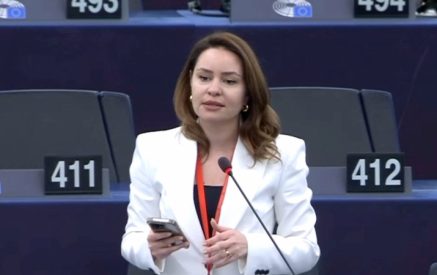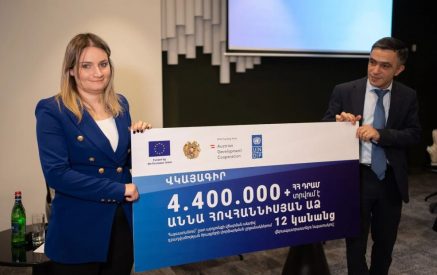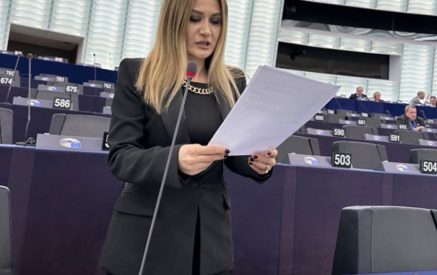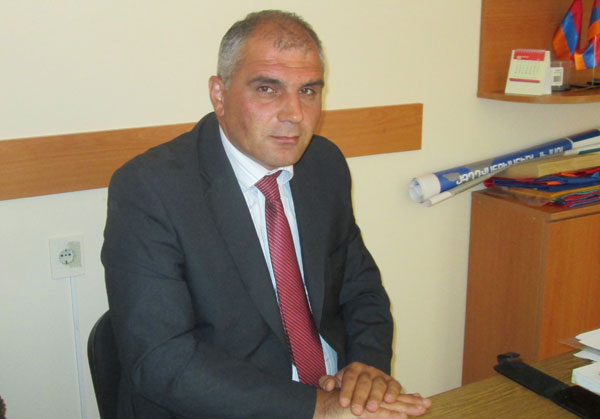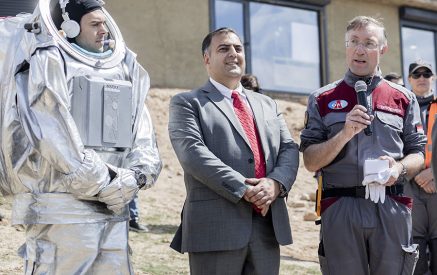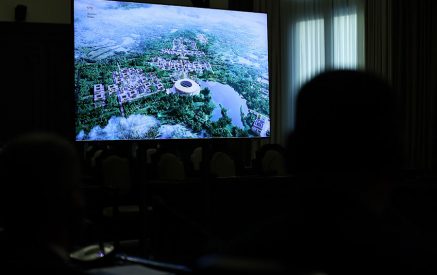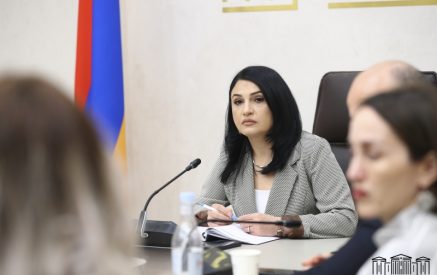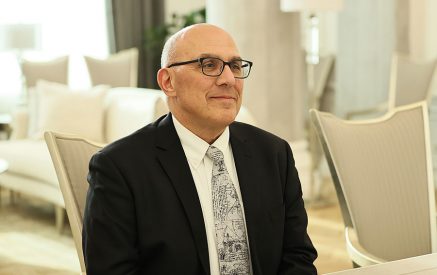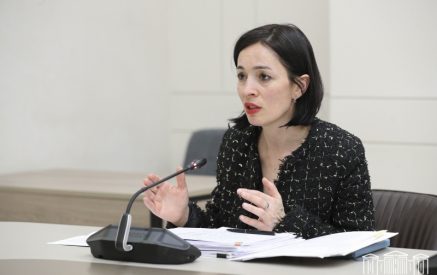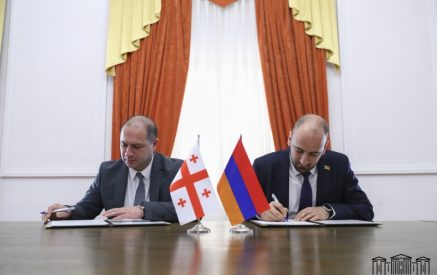Head of RA MES Higher Education and Postgraduate Professional Education Department Robert Sukiasyan’s observations
The report “Higher education today in Armenia” was prepared by the order of the “Open Society Foundations – Armenia” office, which represents the current state of education and deviations of the Bologna process, which we touched upon in the issue of “Aravot” on September 13 by entitled ” The credit was spent ineffectively; we have deviated from the Bologna process”.
With regard to observations of representatives of founders and questions available in the report, “Aravot” asked the head of RA MES higher education and post-graduate department Robert Sukiasyan to comment. The head of the Department announced that by 2010 the directions adopted by the reforms of higher education of Armenia were properly implemented. “Once in every two years the work implemented in each country is reported in the Ministerial Summit. Since 2010 the next directions were adopted, which will be continued until 2020.
It is mobility of students, social issues, funding mechanisms related issues, creation of education-science-innovation triangle, strengthening educational institutions-labor market relations. In this context, the quality assurance has also a key role,”- said our interlocutor. Speaking of the National Center for Quality Assurance (ANQA) established in 2006, the ministry official said that its aim objective is to assess the external quality of universities, and as a result award of accreditation, and since 2010 appropriate standards and criteria have already been approved by which the quality of universities should be assessed.
To our observation whether there is such thing in any country that the Prime Minister is the Chairman of ANQA board, at the same time the President of the Council of any university, that is, it turns out that the Center headed by the same person will assess the university headed by thereof, and given person will be accountable for himself, Mr. Sukiasyan answered,- “The RA Prime Minister is the President of ANQA Management Board, but let’s not forget that the Management Board, directly or indirectly has nothing to do with the awarding accreditation. An independent accreditation commission of 9 members is formed within ANQA that would include international experts, professionals of the system from universities, student organizations, the business sector and so on. So, the President of the ANQA Board, the Executive Director has no direct impact on the accreditation report. These developed procedures have been repeatedly reviewed by international experts. The RA legislation does not ban our universities to apply to international or European accreditation centers, and the whole process is focused on ANQA to gradually become a full member of Quality Assurance European Register or European Association.”
Referring to the notion of the report prepared by the order of “Open Society Foundations-Armenia” office that the state having a 50 percent participation in the university management boards, uses it as a lever to limit all kinds of freedoms of the university, Robert Sukiasyan said,- “I highly doubt that people expressing such an idea are aware of our legislation. The university management boards of Armenia generally have three functions: annual approval of university strategic plans and estimates, electing the head of the executive head of the educational institution, in this case, the rector. Here, there can be no talks about academic freedom and restrictions of autonomy of university. The universities are executing the functions related to the educational process through their faculty and scientific board. The budget that is approved by the Management Board, the universities manage independently.”
In response to our question as independent as the world’s best universities, the head of the department said that the finances really need to be reviewed. “In the nearest future, a new model will be employed, and as a result of our adopted policy with regard to the labor market, university entrepreneurship opportunities will be extended, they will be able to work more closely with the private sector and attract alternative financing resources.” In our previous publication, the representative of the “Open Society Foundations-Armenia” Office had expressed concern that should the universities of Armenia have any problem with the labor market, can not independently change its curriculum. Mr. Sukiasyan partially agreed with this observation,- “Universities develop their curricula based on the state education standards, the state sets general standards for given profession, and each university, based on the requirements, develop its professional curriculum. In this sense, perhaps, the universities are not so flexible in respect to development of curriculum and market adaptation. However, we are working for a year to solve this problem.
Two years ago, we have approved the National Qualifications framework, which will be followed by the development of curriculum based on the learning outcomes, review of the list of profession. Until December, we will submit to the government a new list of professions. It pursues several goals, the profession is related to the international standards, our labor market, much importance is also given to the qualification of profession. Gradually we will refuse state educational standards.”
Our interlocutor does not think that with the change of political course of our country the implementation of the educational reform is put under question. As for the notion of the Director of “Open Society Foundations-Armenia” Office that many countries have conceded the honor to Armenia to host the Bologna Secretariat and become presiding country, because all these was associated with high costs, Robert Sukiasyan said,- “It was an interesting notion for me, if people expressing this notion know the names and the place of the countries conceding us, I would ask them to inform as to which countries have refused in particular. Let’s not go far, there are countries next to us that were ready to spend tenfold, a hundredfold more finances only for their country to host the ministerial summit. After all, 47 countries vote for the Ministerial Summit, and they do watch as to which hosting country how executes its adopted process. And indicators of our reforms are quite high.”
The representative of the RA Ministry of Education does not “share” the idea that any political party can have an impact on the education sector, despite the fact that this or that political party representatives may be included in the management board. “No meetings and discussions of political or partisan orientation are held in the universities of Armenia, if any, they were related to the educational reforms. We have always said that we are ready to listen to the recommendation of any political party and civil society for the further implementation of our reforms.” Sukiasyan is sure that Armenia would not deviate from the Bologna process, moreover, it continues to entered the phase of European integration. According to him, “No credit from the World Bank was used for the execution of Bologna process, the process was executed by the state budget, the universities and a number of grants, which are directly provided to the universities.” He later added that, nevertheless, in recent years a credit was provided for the execution of reforms in higher education sector, which directly or indirectly can also be connected with this process.
Gohar Hakobyan

